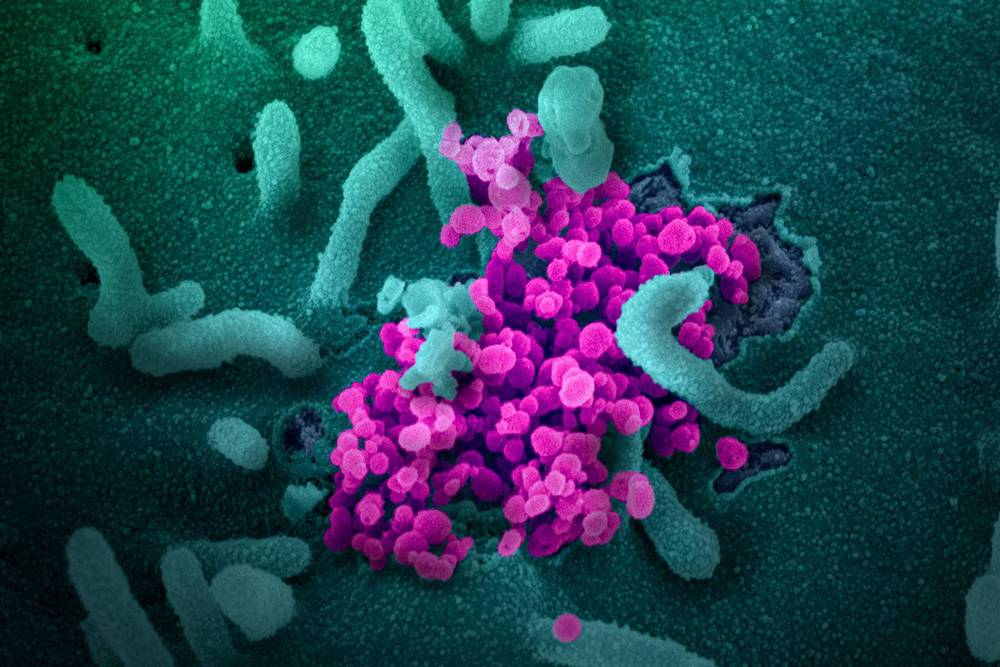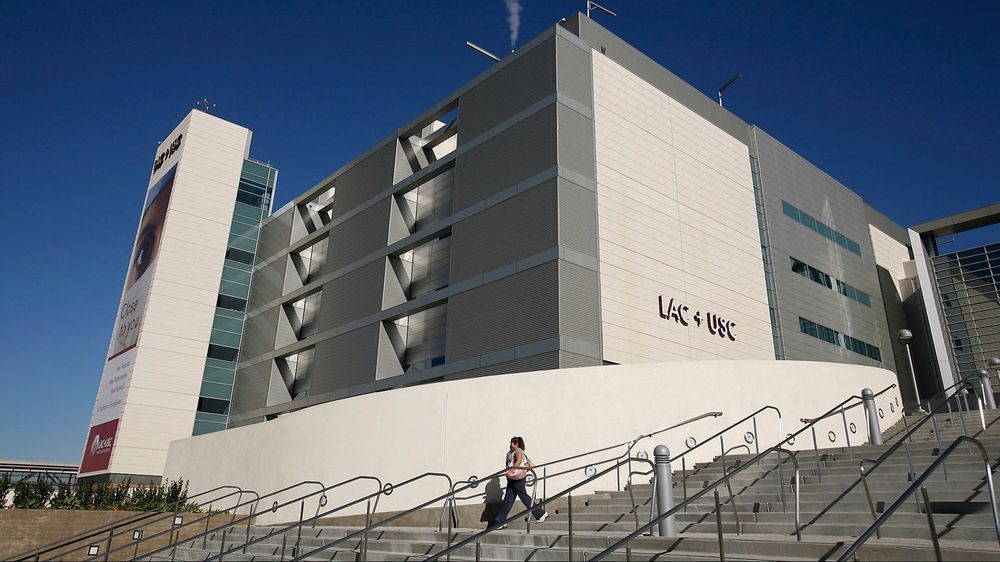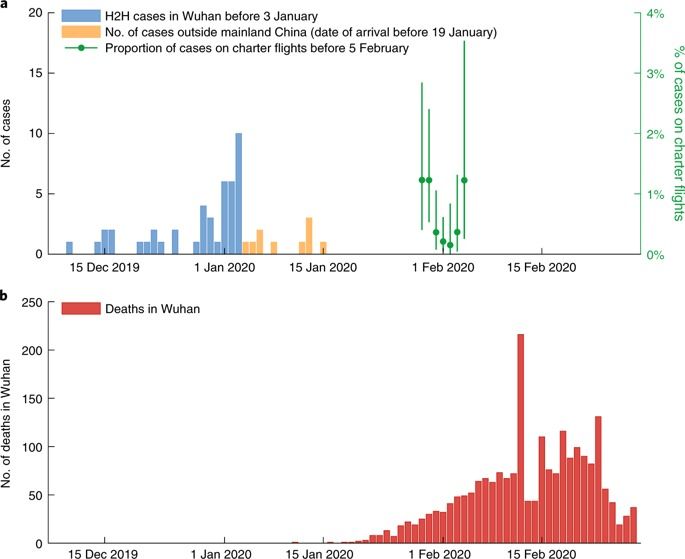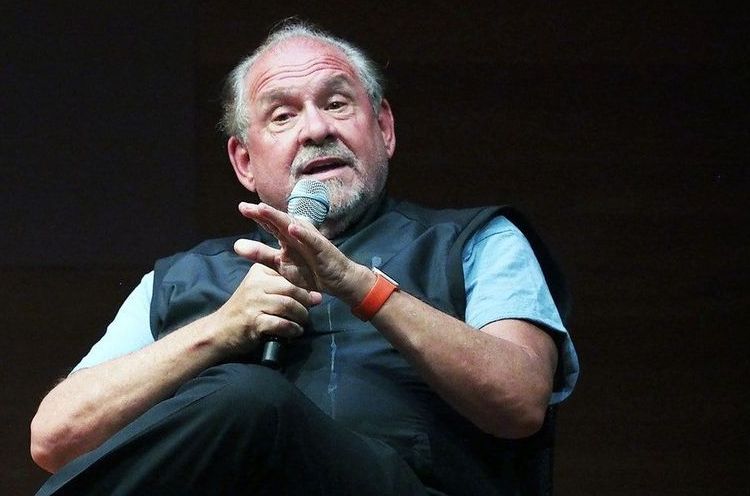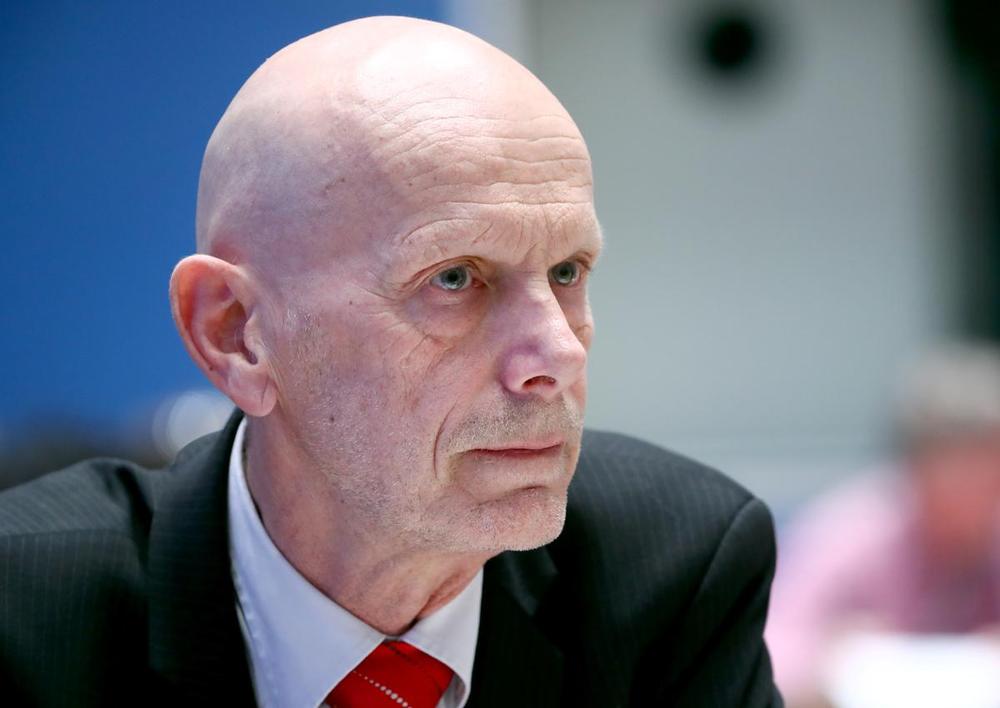“Infusions of antibody-laden blood have been used with reported success in prior outbreaks, including the SARS epidemic and the 1918 flu pandemic.”
John Hopkins University
With a vaccine for COVID-19 still a long way from being realized, Johns Hopkins immunologist Arturo Casadevall is working to revive a century-old blood-derived treatment for use in the United States in hopes of slowing the spread of the disease.
With the right pieces in place, the treatment could be set up at Johns Hopkins University in Baltimore within a matter of weeks, Casadevall says.
The technique uses antibodies from the blood plasma or serum of people who have recovered from COVID-19 infection to boost the immunity of newly infected patients and those at risk of contracting the disease. These antibodies contained in the blood’s serum have the ability to bind to and neutralize SARS-CoV-2, the virus that causes COVID-19. Casadevall—a Bloomberg Distinguished Professor of molecular microbiology and immunology and infectious diseases at the Johns Hopkins Bloomberg School of Public Health and School of Medicine—published a paper on the proposal today in The Journal of Clinical Investigation.
